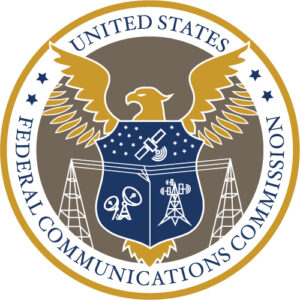Four years ago this month, Joe Biden’s primary win in South Carolina resuscitated a struggling campaign that pundits had all but left for dead. Biden crushed his primary rivals by running as the electable moderate and “return to normalcy” unifier.
Then came the bait and switch. Once in the White House, Biden handed his economic policies to the same Elizabeth Warren acolytes he had defeated at the ballot box. You’d think that one abysmal re-election poll after another would underscore the folly of this leftward lurch. Alas, whatever second thoughts the president’s political advisers might have, his appointees’ regulatory assault on consumers grinds on unabated.
For example, the Federal Communications Commission’s latest plan to micromanage your cable or satellite TV subscription. Eager to play their part in Biden’s “war on junk fees,” Democrats at the FCC are rushing forward a proposal to outlaw the early termination fees that help hold down the costs of most pay-TV contracts.
However well that idea may poll, it suffers from the same two fatal flaws as so many cornerstones of Bidenomics: It’s demonstrably unlawful. And it will dramatically drive up consumers’ bills.
Unlike hotel “resort fees” or food delivery “drip pricing,” which exist only to hide an item’s total cost from consumers until check-out, early termination fees actually serve a pro-consumer economic purpose: They allow pay-TV companies to offer customers the option of a longer-term contract at a meaningfully lower monthly price than a month-to-month agreement.
The longer duration and lower customer churn of fixed-term contracts lower providers’ marketing and advertising costs, directly translating to lower consumer bills. It’s Economics 101.
Data submitted to the FCC show consumers can save more than $250 yearly by opting for a long-term agreement. But, outlawing early termination fees would effectively turn every customer into a month-to-month subscriber, eliminating those savings and driving up their bills. It’s the latest example of the administration’s great affection for inflation.
Even setting aside the Orwellian absurdity of limiting consumer choice and jacking up monthly bills for “consumer protection,” the FCC’s proposal is also clearly unlawful. Federal law explicitly prohibits the FCC from regulating pay-TV prices in markets where competition exists — which, given the competing video offerings of cable, satellite and even some phone companies, means just about everywhere.
Speaking of competition, the FCC’s rules wouldn’t even apply to streaming services that compete directly with the pay-TV services in the agency’s crosshairs. Netflix or Hulu will still be free to offer long-term plans with early termination fees and charge customers for an entire month even if they cancel halfway through, even as the FCC rules would force cable and satellite providers to prorate rebates to the exact day of cancellation.
In other words, these inflationary regulations will target some companies while ignoring their larger, faster-growing rivals — just another case of regulators picking favorites in the marketplace instead of ensuring a level playing field and letting consumers decide for themselves.
Fortunately, if the FCC presses forward with its proposal, it will soon run head-on into a federal judiciary refreshingly skeptical of regulatory agencies’ unauthorized power grabs. Consumers will be left to hope the courts do what the administration seems unwilling to: show some common sense and follow the law.
Chief Justice John Roberts once warned, “With hundreds of federal agencies poking into every nook and cranny of daily life,” citizens might “understandably question whether presidential oversight — a critical part of the constitutional plan — is always an effective safeguard against agency overreaching.”
That safeguard has all but evaporated. And the president’s abysmal approval ratings are his well-earned reward.

